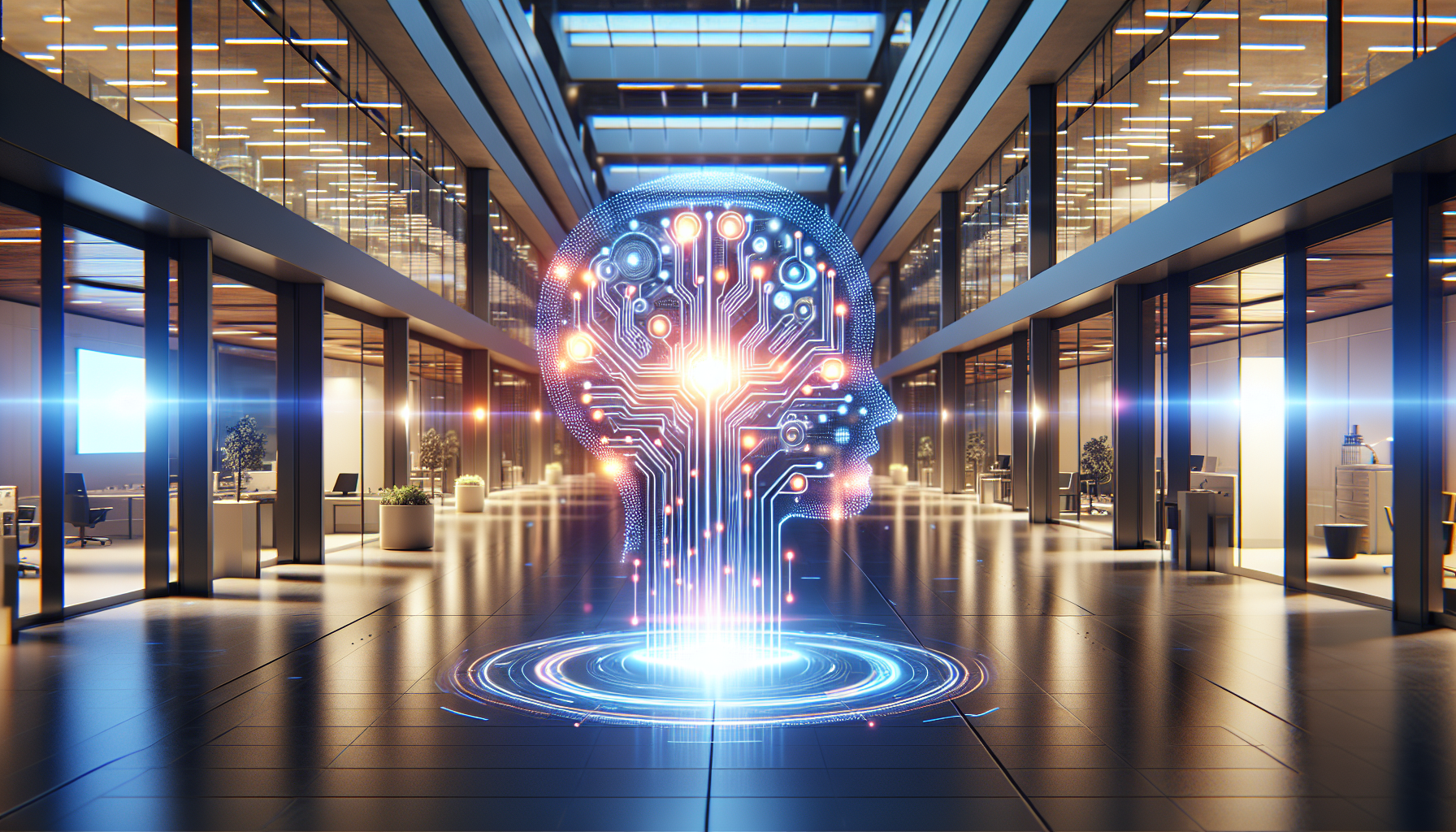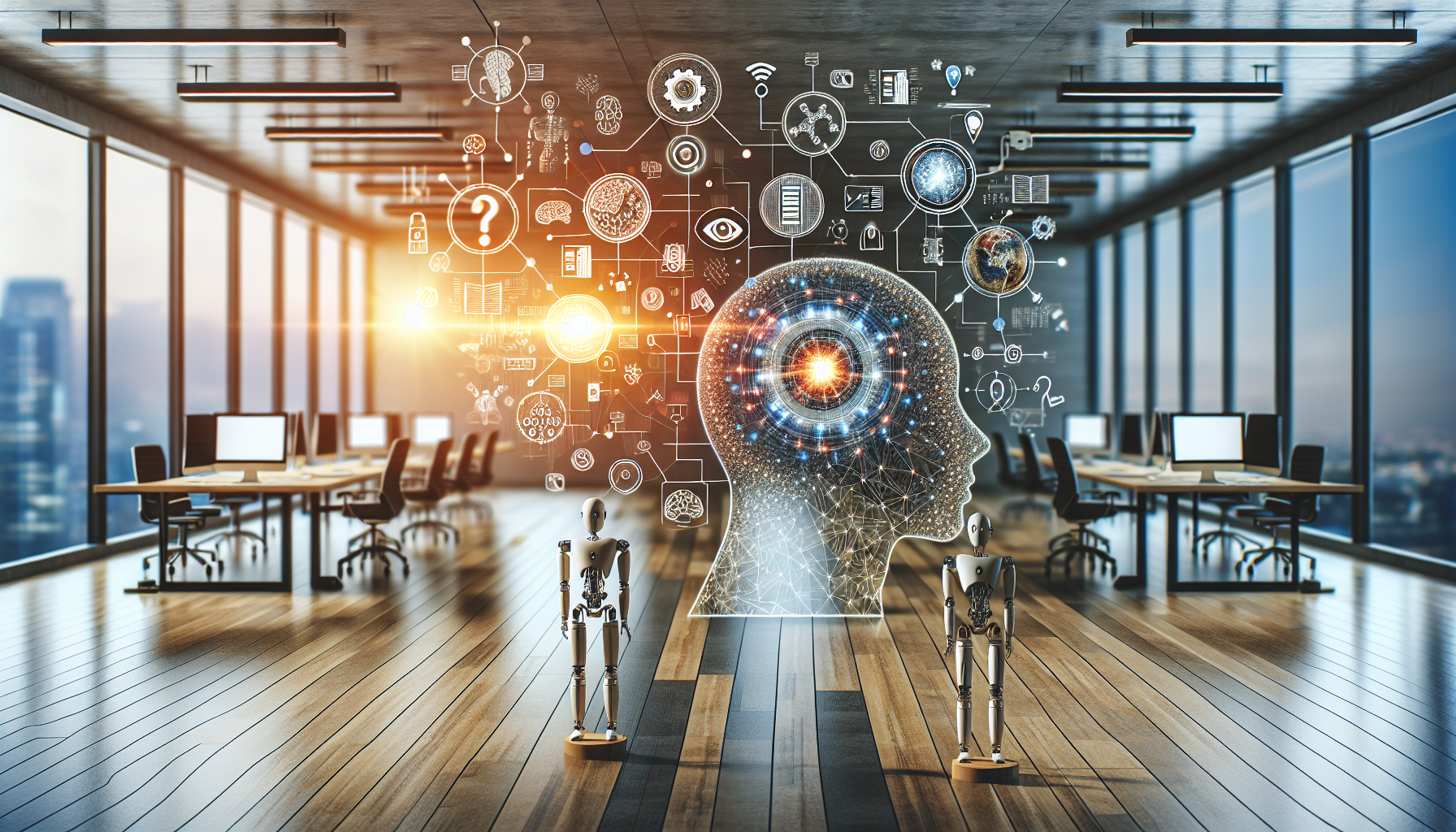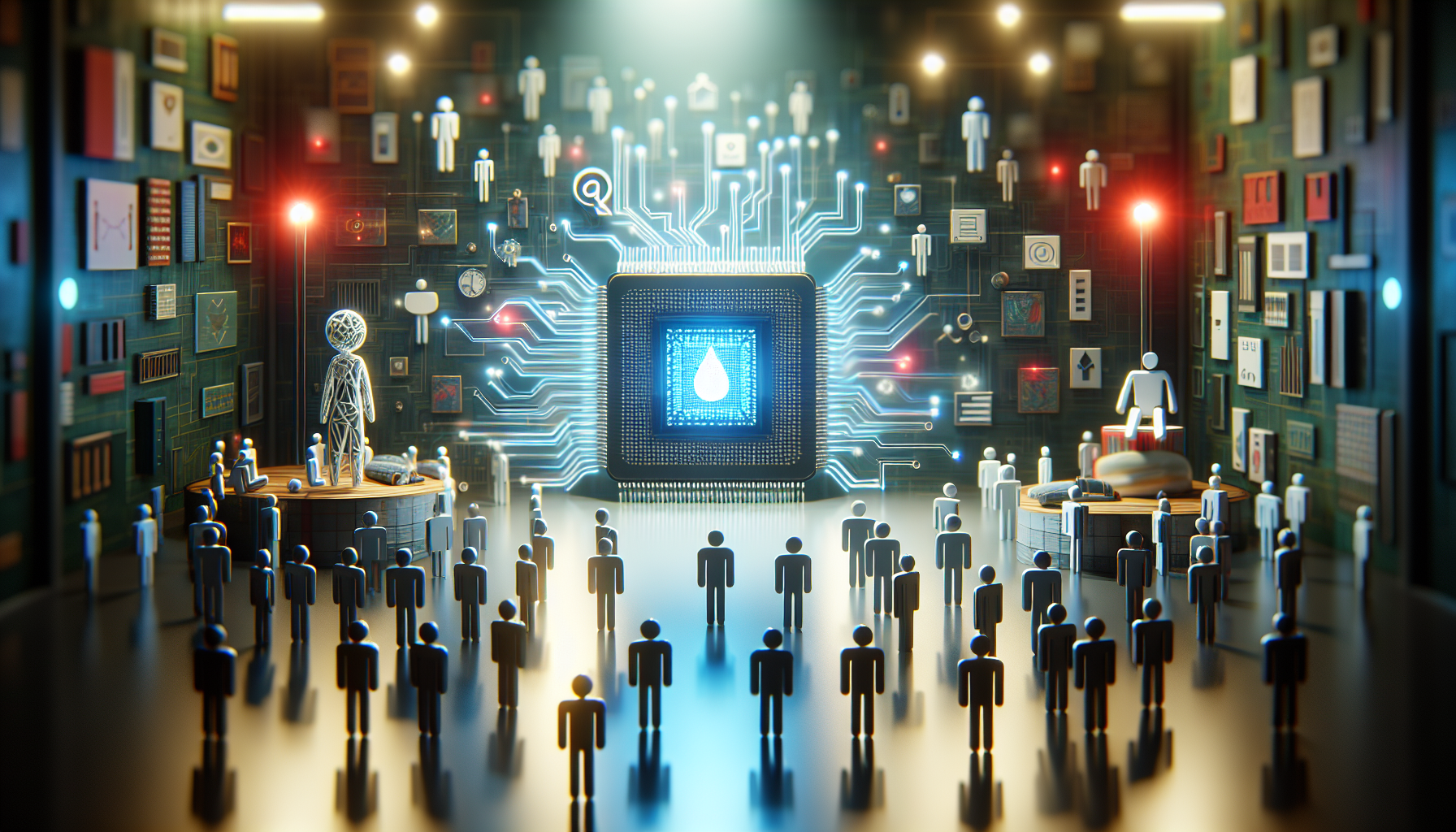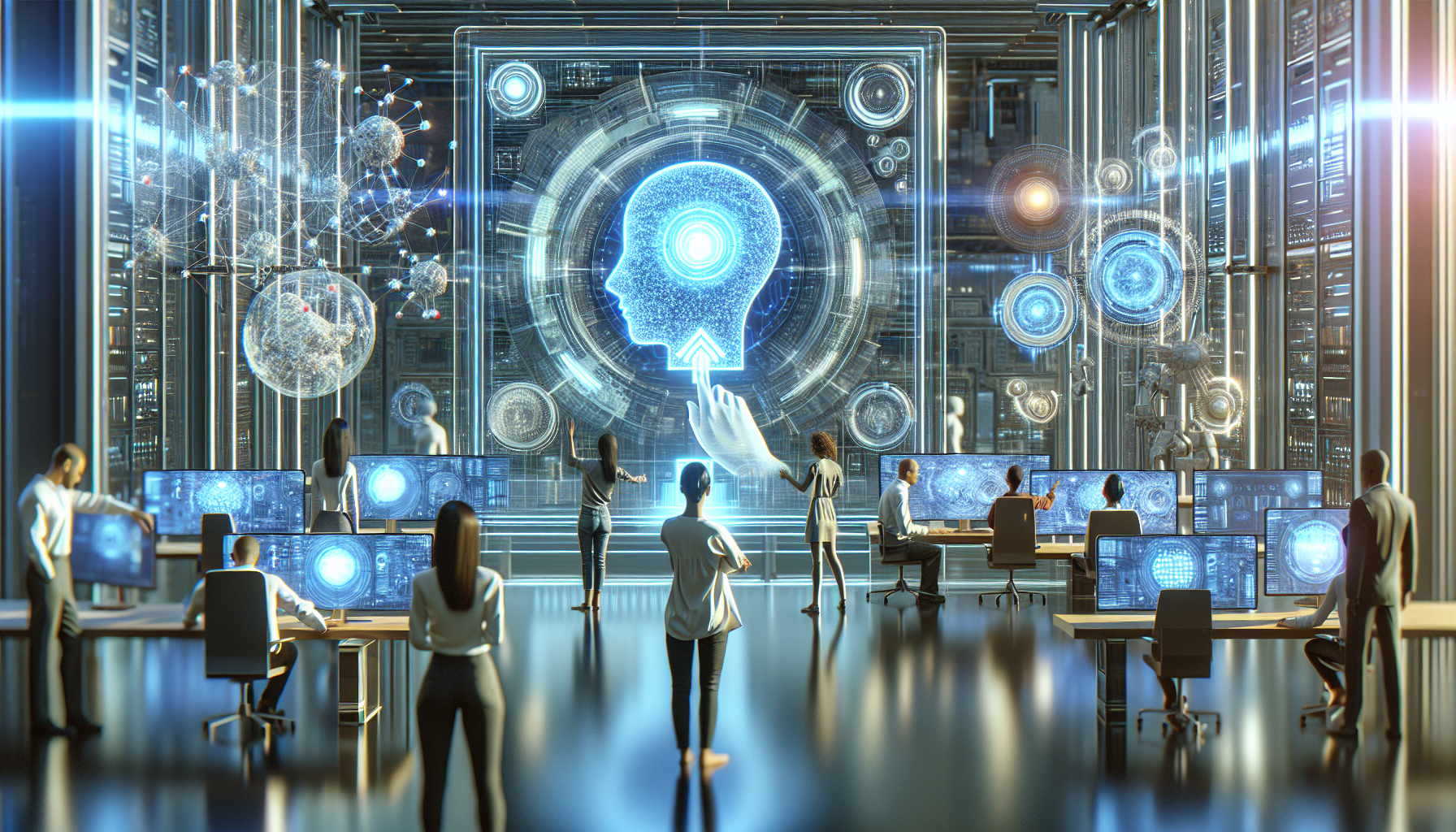
Smart Homes and AI: Are We Trading Convenience for Control?
October 21, 2025
In the age of rapid technological advancement, the allure of smart homes—driven by artificial intelligence—captures the imagination of tech enthusiasts and everyday consumers alike. The promise of enhanced convenience, energy efficiency, and security is undeniable. Yet, as the AI-powered smart home trend gains momentum, a more critical examination reveals a complex web of challenges and concerns that warrant a closer look.
At first glance, the idea of a home that anticipates your needs seems like a page torn from a science fiction novel. Smart thermostats that adjust based on your preferences and schedules, AI-powered security systems that differentiate between familiar faces and potential intruders, and voice-activated assistants that manage everything from grocery lists to lighting—these innovations promise a seamless lifestyle. However, beneath this shiny veneer lies a pressing question: Are we sacrificing too much of our autonomy and privacy at the altar of convenience?
One of the most striking aspects of AI-enhanced smart homes is their ability to learn and adapt. But this very capability raises alarms regarding data privacy and security. The sheer volume of personal data collected—ranging from daily routines to sensitive security footage—is staggering. While companies assure users of robust encryption and data protection measures, the reality of frequent data breaches casts a long shadow of doubt. If your refrigerator can track your dietary habits, who else might have access to this information, and how might it be used?
Moreover, the dependency on AI to manage home environments introduces another layer of vulnerability. In a hyper-connected world, the risk of cyberattacks on smart home systems is not a distant threat but a tangible concern. Imagine a scenario where a hacker gains control over your home’s security system or heating regulation. The potential for misuse is unsettling, prompting the question: Is convenience worth the potential compromise of our safety and privacy?
Yet, the narrative is not solely one of doom and gloom. There's an undeniable appeal to a home that optimizes energy use, potentially reducing utility bills and environmental impact. AI-driven smart homes have the capacity to make sustainable living more accessible and practical. They can monitor energy consumption patterns and suggest adjustments that align with environmental conservation goals. However, the environmental benefits are not as straightforward as they seem, since the production and disposal of smart devices themselves contribute to electronic waste and resource depletion.
The integration of AI into smart homes also prompts a reevaluation of human interaction with technology. The growing reliance on AI assistants for mundane tasks might erode certain cognitive skills, leading to a form of technological dependency. As our homes become more automated, the line between human control and machine autonomy blurs. This shift poses philosophical questions about the nature of human agency and the role of technology in our lives.
Furthermore, the market for smart home technologies is largely driven by tech giants with vested interests. This concentration of power raises concerns about monopolistic practices and the potential for consumer manipulation. As companies compete to offer the most advanced AI systems, the focus often skews towards profit margins rather than consumer welfare. Are these systems truly designed with the user’s best interest in mind, or are they a strategic tool to harvest data and influence purchasing behavior?
Despite these concerns, the adoption of AI-driven smart homes continues to rise. The allure of living in a house that is not just four walls but an intelligent entity catering to every whim is hard to resist. Yet, as we stand on the brink of this new era of automated living, it is crucial to critically assess the broader implications. Are we, as a society, prepared to navigate the ethical and practical challenges that accompany this technological leap?
The evolution of smart homes, powered by artificial intelligence, is a testament to human ingenuity. However, as we embrace this new frontier, the conversation must extend beyond convenience and innovation. We must ask ourselves not just what these advancements can do for us, but at what cost. In the quest for a smarter home, are we inadvertently building a future where we are no longer the masters of our own domains?


